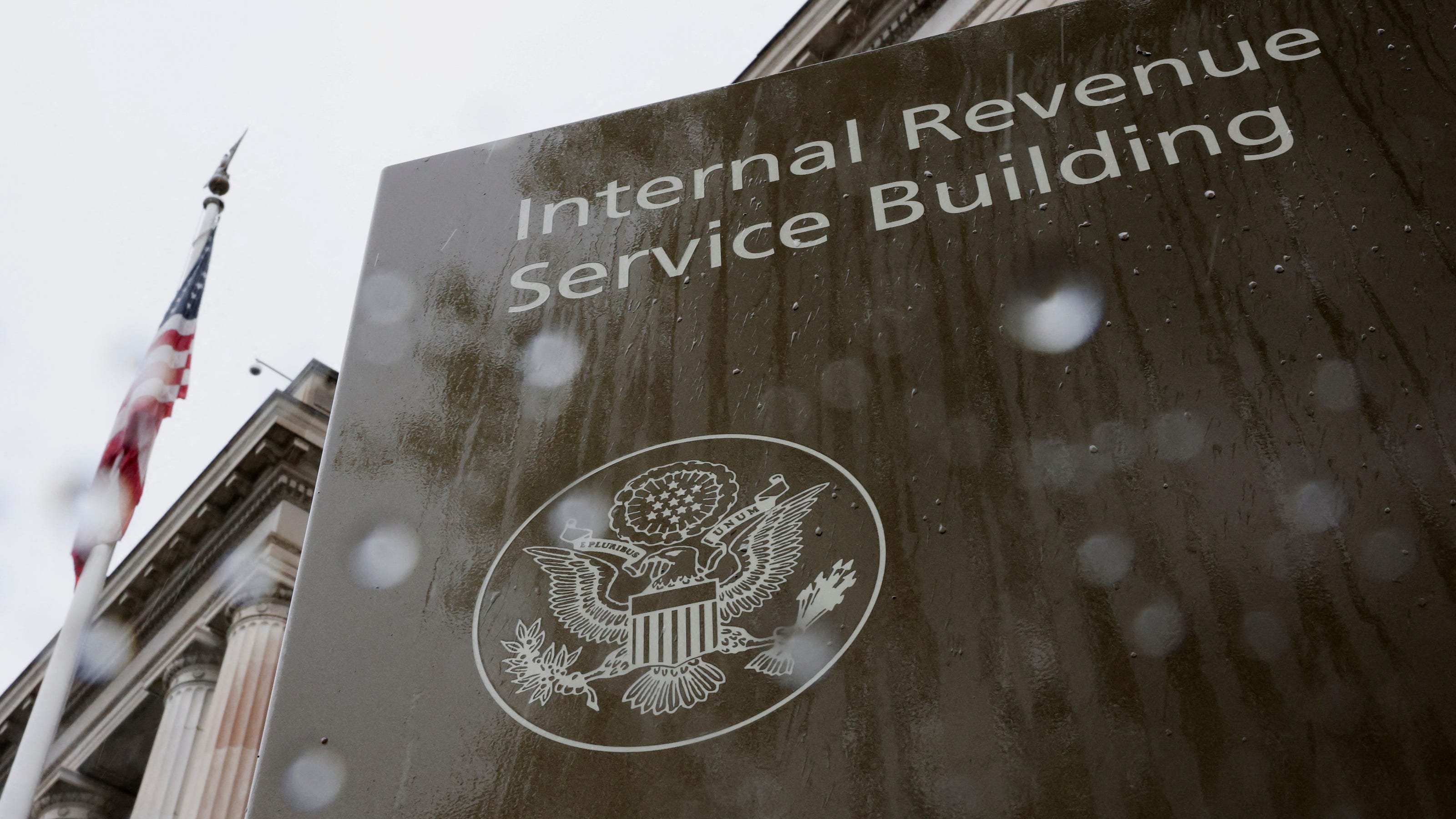Tax Season Crunch: IRS Staffing Shortages Hamper Taxpayer Service
Tax season is notoriously stressful, but this year, the added pressure of significant IRS staffing shortages is exacerbating the challenges for both taxpayers and the agency itself. Long wait times, delayed refunds, and increased errors are just some of the consequences of this critical understaffing. This article delves into the root causes of the problem, its impact on taxpayers, and potential solutions to alleviate the strain.
The Staffing Crisis: A Perfect Storm
The IRS is facing a perfect storm of challenges contributing to its severe staffing shortage. Decades of budget cuts have significantly reduced the agency's workforce, leaving it ill-equipped to handle the ever-increasing complexities of the tax code and the sheer volume of tax returns processed annually.
Key Contributing Factors:
- Budgetary Constraints: Years of reduced funding have hampered the IRS's ability to recruit and retain qualified employees, leading to a significant loss of experienced personnel through attrition. This loss of institutional knowledge further compounds the problems.
- Increased Complexity of Tax Laws: The tax code itself is incredibly complex, requiring highly skilled and trained professionals to navigate its intricacies. The IRS struggles to keep pace with both the volume and complexity of returns.
- Technological Deficiencies: Outdated technology and systems within the IRS hinder efficiency and contribute to processing delays. Modernizing these systems requires significant investment and skilled personnel.
- High Employee Turnover: The IRS, like many government agencies, struggles with employee retention. Stressful work environments, low pay relative to the private sector, and lack of resources often lead to high turnover rates.
The Impact on Taxpayers: Real-World Consequences
The consequences of these staffing shortages are directly felt by taxpayers across the country. Here's how:
- Longer Wait Times: Taxpayers face significantly longer wait times when contacting the IRS for assistance, whether by phone, mail, or in person. This can be incredibly frustrating and delay the resolution of tax issues.
- Delayed Refunds: Processing delays due to understaffing mean many taxpayers experience significant delays in receiving their tax refunds. This can create significant financial hardship for individuals relying on those refunds.
- Increased Errors: The pressure on remaining IRS employees can lead to a higher rate of errors in processing tax returns. This can result in incorrect tax assessments, penalties, and further delays.
- Reduced Access to Services: Limited staffing means less access to vital IRS services, impacting vulnerable populations who may require additional assistance.
Potential Solutions: A Multi-Pronged Approach
Addressing this crisis requires a comprehensive and multi-pronged approach. Simply throwing money at the problem isn't enough; strategic investment and reforms are crucial.
Strategies for Improvement:
- Increased Funding: Significant increases in IRS funding are essential to recruit and retain qualified employees, modernize technology, and improve taxpayer services. This is a long-term investment that pays off by improving efficiency and accuracy.
- Modernization of Technology: Investing in modern technology and systems will streamline processes, reduce errors, and enhance the efficiency of IRS operations.
- Improved Employee Recruitment and Retention: The IRS needs to implement strategies to attract and retain top talent, including competitive salaries and benefits packages, improved training opportunities, and a more supportive work environment.
- Streamlining the Tax Code: Simplifying the tax code itself would reduce the burden on both taxpayers and the IRS, making it easier for everyone to navigate the system.
Conclusion: A Call for Action
The IRS staffing shortage is a serious problem with far-reaching consequences. Addressing this issue requires a concerted effort from policymakers, the IRS itself, and taxpayers. Without significant changes, taxpayers will continue to face lengthy wait times, delayed refunds, and increased errors throughout the tax season and beyond. The time for action is now to ensure a more efficient and effective tax system for all.
